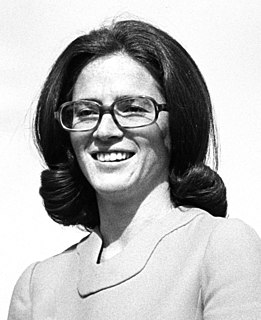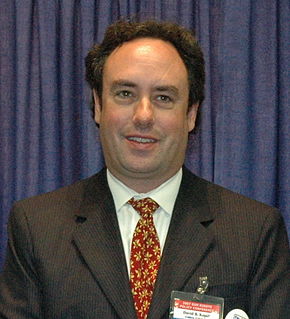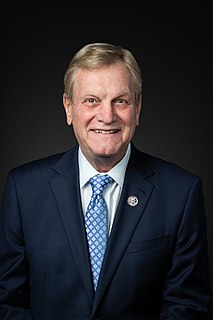A Quote by Suzan DelBene
Just because technological advances have made it easier for the federal government to collect information doesn't mean that our privacy rights can or should be violated on the ground or in the air.
Related Quotes
The framers of our Constitution understood the dangers of unbridled government surveillance. They knew that democracy could flourish only in spaces free from government snooping and interference, and they put restraints on government overreaching in the Fourth Amendment of the Bill of Rights. . . . These protections require, at a minimum, a neutral arbiter - a magistrate - standing between the government's endless desire for information and the citizens' desires for privacy.
There are people who oppose a federal Constitutional amendment because they think that the law of family should be made by the states. I can see a legitimate argument there. I think it's mistaken, however, because the federal government, through the decisions of life-tenured federal judges, has already taken over that area.
For states' rights advocates, the Constitution is like a contract that is openly violated by one party with impunity. On paper, the states remain sovereign powers, while in reality the federal government appears able to dictate everything from the ingredients of school lunches to speed limits. Congress now routinely collects taxes in order to return the money to the states with conditions on their conforming to federal demands.
We, the People of this country, have no unalienable rights... all our rights are subject to modification... the Constitution of the United States of America is nothing more than a piece of paper and... our government should not be restrained by the Constitution because our government can do good things for people.
Fortunately in Libya, there's only a few cities on the coast, because most of Libya is a desert. The fact of the matter is, we absolutely have to be - and not just with special forces - I mean, that's not going to work. Come on, you've got to go back to the invasion, when we pushed Saddam Hussein out of Kuwait. We have to be there on the ground in significant numbers. We do have to include our Muslim Arab friends to work with us on that. And we have to be in the air. And we - it should be a broad coalition made up of the kinds of people that were involved when we defeated Saddam.































